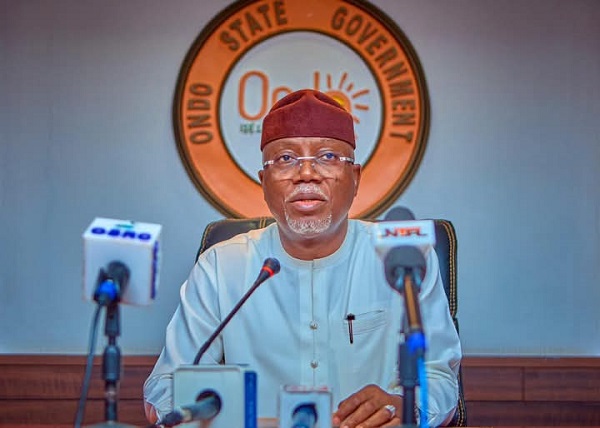The push for the creation of an additional state in the South East received a major boost yesterday as the National Assembly Joint Committee on Constitution Review unanimously approved the proposal.
Currently, the South East comprises five states—Abia, Anambra, Ebonyi, Enugu, and Imo—making it the only geopolitical zone with fewer states compared to others. The South-South, South West, North Central, and North East each have six states, while the North West has seven.
The endorsement was reached during a two-day retreat held in Lagos, where the committee reviewed 55 separate requests for new states across the country.
The session, chaired by Deputy Senate President Barau Jibrin and co-chaired by House of Representatives Deputy Speaker Benjamin Kalu, featured extensive deliberations before the motion—moved by Senator Abdul Ningi (Bauchi Central) and seconded by Representative Ibrahim Isiaka (Ifo/Ewekoro, Ogun State)—was unanimously adopted.
The joint committee also established a subcommittee to further assess requests for the creation of new states and local government areas in all six geopolitical zones. The subcommittee will comprise one senator and one representative from each state.
According to The Nation, the committee additionally approved provisions for independent candidacy in all elections, as well as an extra legislative seat for women in each state in both chambers of the National Assembly.
Speaking during the retreat, Deputy Senate President Jibrin urged members to build consensus among their colleagues in the National Assembly and State Houses of Assembly to ensure that the resolutions are successfully passed during voting.
“We must consolidate on what we have started so that every part of the country is carried along in this process,” Jibrin said. “By the time we reach the stage of actual voting, we should have the buy-in of all stakeholders—from both chambers and the state assemblies.”
In his opening remarks on Friday, Jibrin revealed that the National Assembly had so far received 55 requests for new states and 278 for additional local government areas nationwide.
He called on lawmakers to prioritize forwarding the first batch of constitutional amendment proposals to the state assemblies before the end of the year, stressing the urgency of the process.
“It has been a long journey bringing together amendment proposals from the Senate and House of Representatives, covering numerous sections and subject matters,” he noted.
Jibrin explained that over the past two years, legislators had consulted widely with citizens, civil society groups, institutions, and interest groups through town hall meetings, interactive sessions, and public hearings. These engagements, he said, produced 69 bills, 55 state creation requests, two boundary adjustment proposals, and 278 local government creation requests.
The committee’s mandate includes reviewing these proposals, addressing contentious issues, and making recommendations to both chambers of the National Assembly. Jibrin expressed confidence that the retreat would produce meaningful progress despite the complexity of the task.
He urged participants to approach the deliberations with patriotism and unity of purpose, emphasizing the need to place national interest above regional or political considerations.








